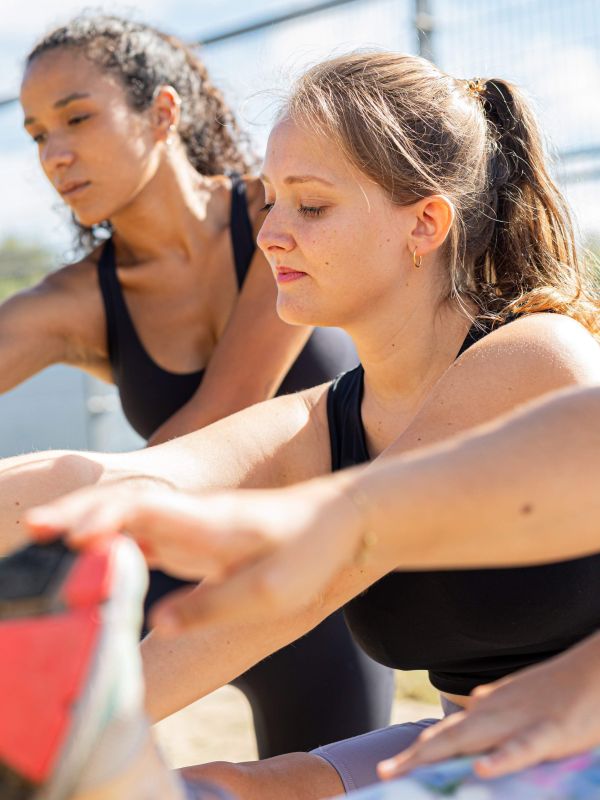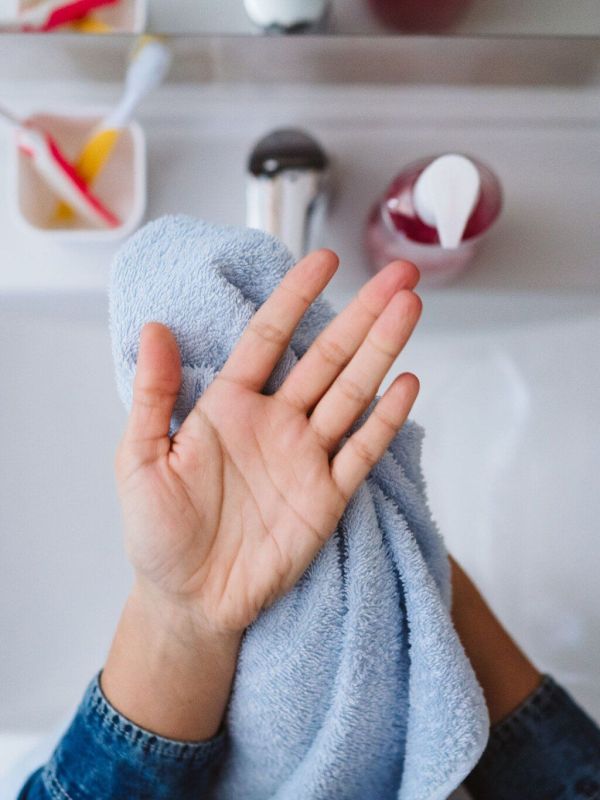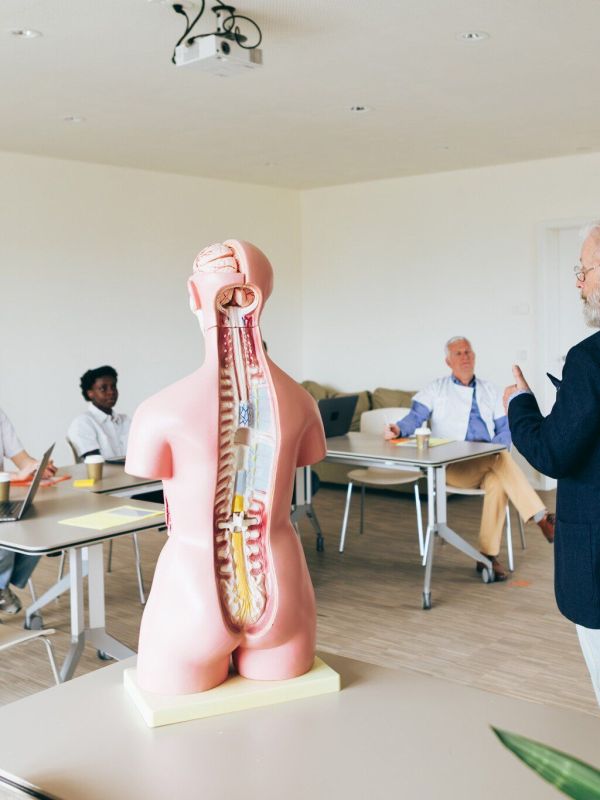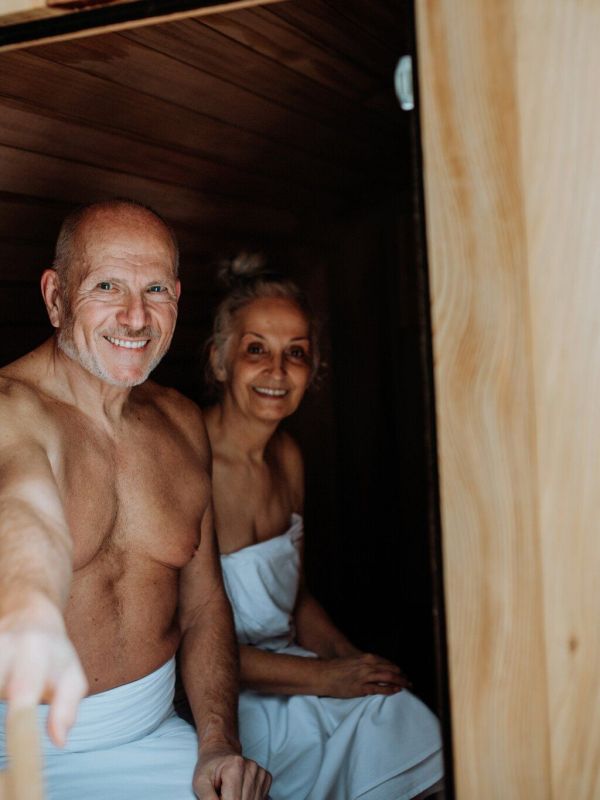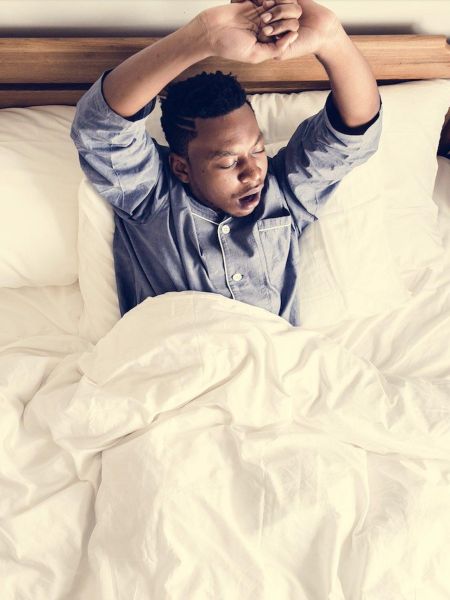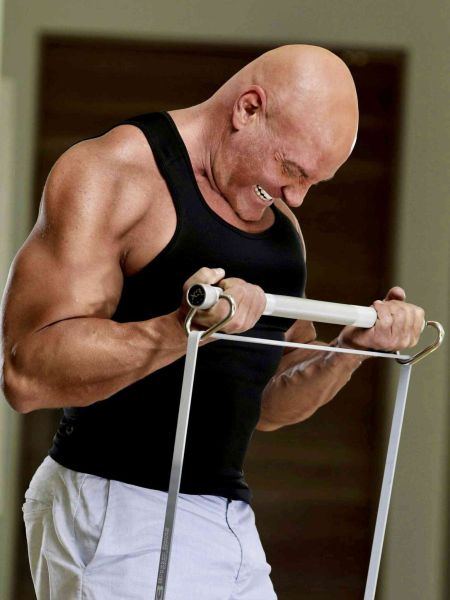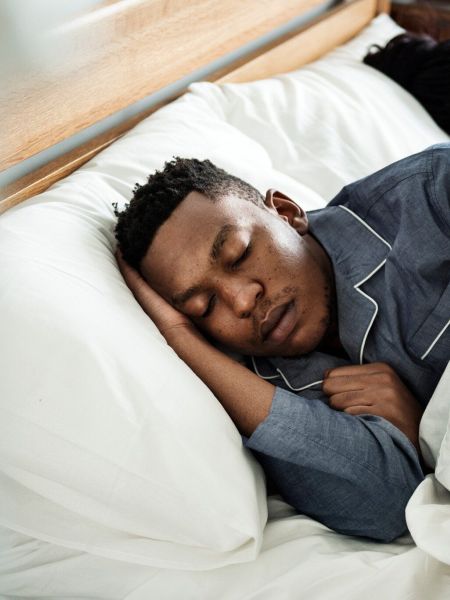Baseline guidelines for cognitive function
Foundational Health Series
Cognitive function is generally maintained or enhanced through some combination of nutrition, stress management, and a combination of physical and mental activity.
Keeping the Brain Active
Studies have shown that reading books, playing games, playing an instrument, and other activities may help preserve brain function.
In addition, being social helps preserve mental function, slows mental decline, and may make life more satisfying :)
A study published in the Archives of Gerontology and Geriatrics found that older adults who play competitive sports have better cognitive function than those who do not. Participating in sports ("recreational companionship") can provide a sense of belonging and help older adults maintain feelings of purpose and identity. The impact of racket sports has been particularly noted in recent studies.
Ping Pong / Table Tennis
Often considered the The World's Best Brain Sport, Doctor Daniel Amen describes the benefits of Ping Pong:
"The game is great for hand-eye coordination and reflexes (cerebellum and parietal lobes). You have to focus (prefrontal cortex) so you can track the ball through space (parietal lobes and occipital lobes), figure out spins (parietal lobes and occipital lobes), and plan shots and strategies (prefrontal cortex and cerebellum). Then you have to follow through and execute those tactics successfully (prefrontal cortex and cerebellum). All the while, you have to stay calm so you don't get too nervous on game point (basal ganglia). And you can't dwell on that point you blew a few minutes ago (anterior cingulated gyrus) or blow your top when you make a mistake (temporal lobes). It is like aerobic chess".
-Dr. Daniel Amen
Dr. Amen goes on to say "A fascinating brain imaging study from Japan found that table tennis helps balance your brain. The researchers examined a group of people before and after playing table tennis for a period of ten minutes. The after images revealed increased activity in the prefrontal cortex, the thoughtful part of your brain, and the cerebellum."
Tennis / Pickleball
A study from the Mental Illness Journal in 2016 shows that: "partaking in tennis exercise once a week decreases depression and anxiety symptoms and enhances well-being in healthy young people."
The report goes on to explain:
Tennis is a sport with numerous health benefits for individuals of all ages. It is also a tremendously effective fitness activity. Regular participants experience a wide variety of health-related physical and mental benefits, ranging from improved cardiovascular, metabolic, and bone health to improved agility and coordination, and even stress and anxiety management. Tennis both challenges and builds an individual's aerobic and anaerobic conditioning, and also requires tremendous muscular strength and endurance.
The report also cites the work of a study from Dr. JA Finn, "Compared with other athletes as well as non-athletes, tennis players scored higher in vigor, optimism, and self-esteem, while scoring lower in depression, anger, confusion, anxiety, and tension. "
Of course, not everyone loves tennis, table tennis, or pickleball. Finding a sport or activity that requires quick thinking, hand-eye coordination, and socializing is all you need. It will go a long way toward maintaining optimal cognitive function as we get older.
Foundational Health - Basic Guidelines Series:

